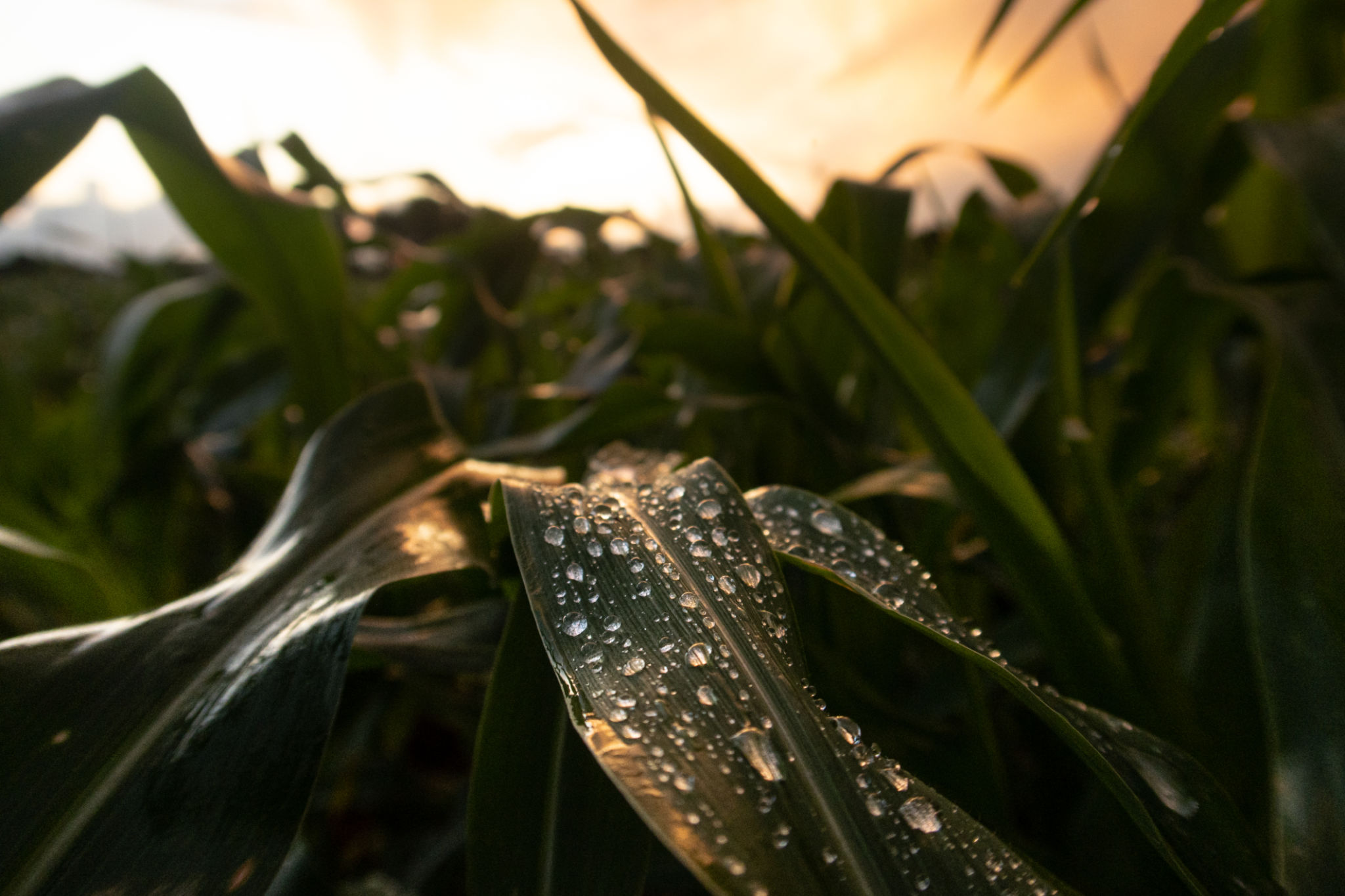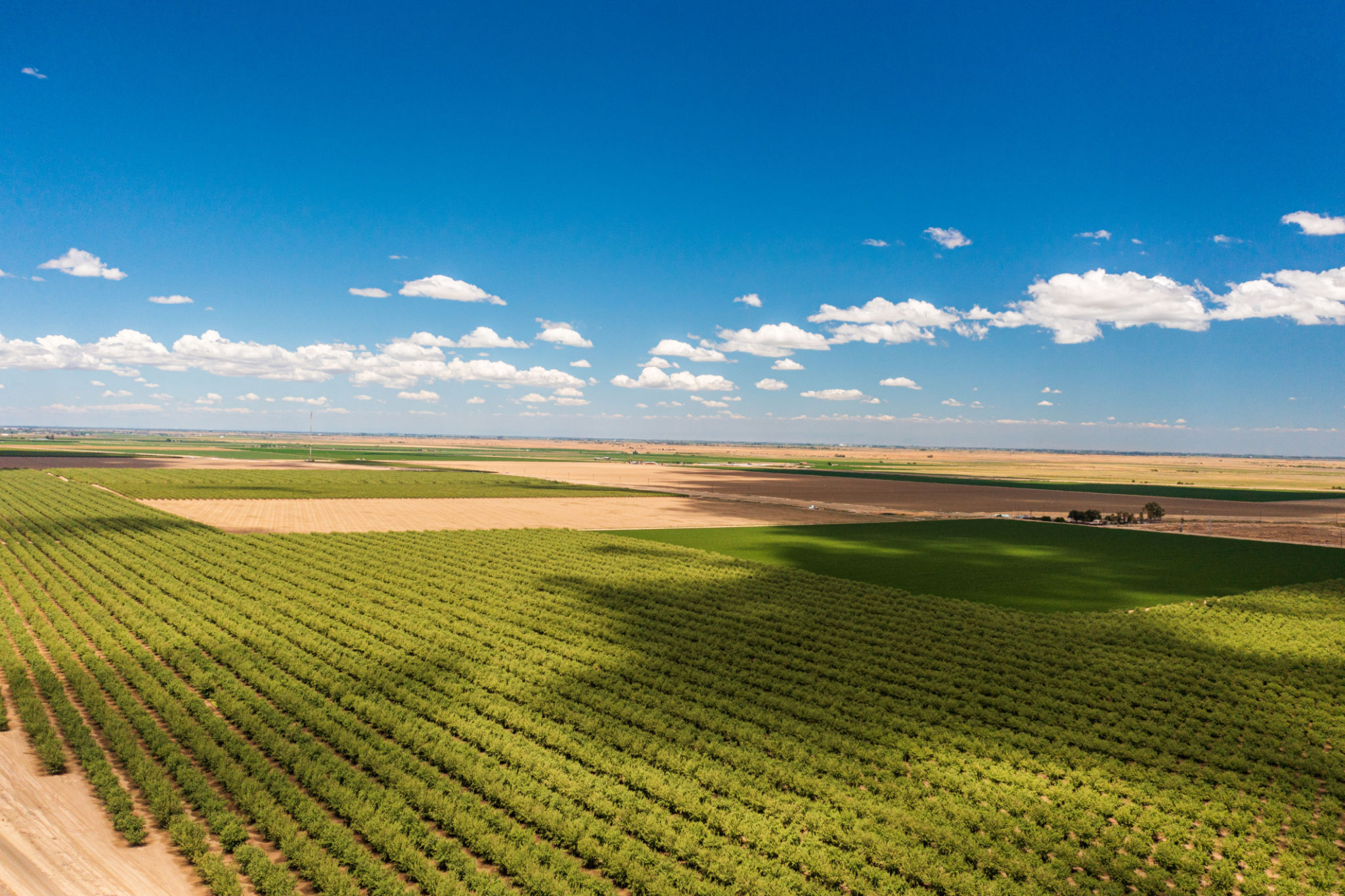Seasonal Planting Tips for Ghana: What to Plant and When
Understanding Ghana's Climate
Ghana's tropical climate offers a unique opportunity for year-round planting, with two main seasons: the rainy season and the dry season. The rainy season, which spans from April to October, provides ample water for crops, while the dry season from November to March is ideal for harvesting. Understanding this cycle is crucial for successful planting.
Knowing when to plant can significantly impact crop yield. During the rainy season, crops that require more water thrive, making it the perfect time for certain vegetables and fruits. Conversely, the dry season is an excellent time for drought-resistant plants and those ready for harvest.

Best Crops for the Rainy Season
During the rainy season, farmers in Ghana can focus on cultivating a variety of crops that thrive with abundant rainfall. Some of the best choices include:
- Maize: A staple in many Ghanaian diets, maize benefits from the consistent moisture during the rainy months.
- Rice: Particularly suited to lowland areas, rice requires substantial water, making the rainy season ideal for its growth.
- Yams: These tubers are well-suited to Ghana's wet conditions and can be planted early in the rainy season for optimal results.
By focusing on these crops during the rainy season, you can maximize productivity and ensure a bountiful harvest.

Optimal Planting for the Dry Season
The dry season in Ghana presents unique challenges but also opportunities for certain crops. It is crucial to choose varieties that can withstand limited water availability. Here are some ideal options:
- Cassava: Known for its drought resistance, cassava is a reliable crop during Ghana's dry months.
- Sorghum: This hardy cereal grain thrives in arid conditions and provides a nutritious harvest.
- Groundnuts: These are not only drought-tolerant but also enrich the soil with nitrogen.
Leveraging these crops during the dry season ensures that your agricultural efforts remain fruitful even when water is scarce.

Balancing Crop Rotation
Crop rotation is an essential practice to maintain soil health and optimize yields. By alternating different types of crops between seasons, you can prevent soil depletion and reduce pest problems. For example:
- Plant maize or rice in the rainy season.
- Follow with legumes like groundnuts or soybeans in the dry season to enhance soil nitrogen levels.
This method not only supports sustainable farming but also boosts productivity by nurturing a more balanced ecosystem.
Utilizing Modern Agricultural Techniques
Incorporating modern agricultural techniques can greatly enhance seasonal planting success in Ghana. Techniques such as drip irrigation, which conserves water during the dry season, and pest-resistant crop varieties can lead to higher yields and more resilient crops. Additionally, employing organic fertilizers and composting can improve soil fertility naturally.

By combining traditional knowledge with modern practices, farmers in Ghana can achieve more sustainable and profitable farming outcomes throughout the year.
